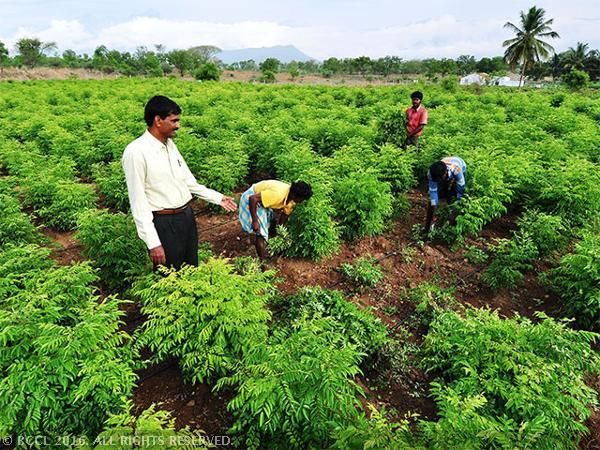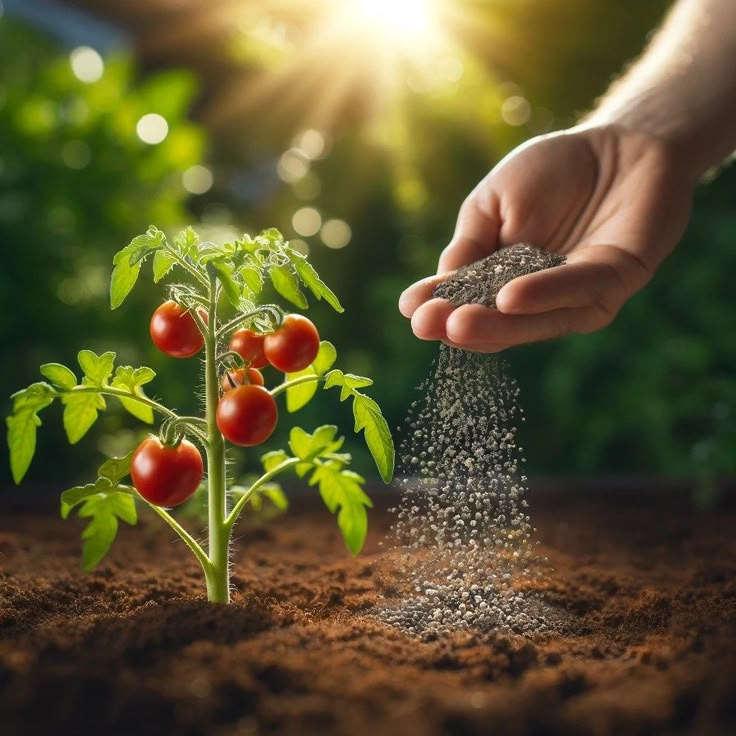
Agriculture is the backbone of human civilization. From the dawn of farming over 10,000 years ago to today’s high-tech, precision-driven cultivation systems, agriculture has continuously evolved to feed a growing global population. In countries like India, where a large percentage of the population depends on farming for livelihood, agriculture plays a critical socio-economic role.
However, modern agriculture is at a crossroads. While it has helped increase food production, it also faces serious challenges—climate change, land degradation, water scarcity, and the need for sustainable practices. In this blog, we’ll explore the transformation of agriculture through innovation, its current challenges, and how platforms like Zarihub are playing a role in shaping the future of farming.

The Evolution of Agriculture
Traditionally, agriculture was dependent on monsoon rains, human labor, and basic tools. With the Green Revolution in the 1960s and 70s, agriculture in countries like India underwent a significant transformation. High-yielding variety (HYV) seeds, chemical fertilizers, pesticides, and irrigation systems increased food grain production substantially.
However, this growth came at a cost: soil fertility decline, water resource depletion, and increased dependency on chemical inputs. Modern agriculture now requires a more sustainable approach that balances productivity with environmental care.
Key Challenges in Modern Agriculture
- Climate Change
Unpredictable weather patterns, rising temperatures, droughts, and floods have made farming more uncertain than ever. Crop failure due to climate events is a growing concern, particularly for small and marginal farmers. - Soil Degradation
Excessive use of chemical fertilizers and poor land management have led to soil nutrient depletion, salinization, and erosion. Healthy soil is the foundation of agriculture, and its degradation poses a severe threat to food security. - Water Scarcity
Agriculture accounts for over 70% of global freshwater use. Over-irrigation, inefficient systems, and depleting groundwater levels are pressing issues that demand immediate attention. - Lack of Access to Modern Technology
Many farmers, especially in rural areas, lack access to tools, information, and technology that could improve yields and efficiency. - Market Linkages and Fair Pricing
Farmers often do not receive fair prices for their produce. Middlemen, poor infrastructure, and lack of direct market access affect profitability.
The Rise of Agri-Tech: A New Era of Farming
Agri-tech startups and digital platforms like Zarihub are revolutionizing farming by offering solutions that were once unimaginable. From AI-powered weather forecasts to drone-based crop monitoring, technology is helping farmers make better decisions.
Here are some of the most promising innovations:
- Precision Agriculture: Using sensors, GPS, and IoT devices to apply the right amount of water, fertilizer, and pesticide at the right time and place.
- Remote Sensing and Drones: Monitoring crop health, pest infestation, and soil moisture from the sky.
- Mobile Apps for Farmers: Providing real-time market prices, crop advisory, weather updates, and digital payments.
- Hydroponics and Vertical Farming: Growing crops without soil and in controlled environments, making farming possible in urban spaces.
- Blockchain in Agriculture: Ensuring transparency in supply chains and fair prices through traceability of produce from farm to fork.
Sustainable Farming Practices for the Future
Innovation alone isn’t enough—we must adopt practices that protect the environment and preserve resources for future generations.
- Organic Farming: Avoids synthetic chemicals and focuses on natural inputs, improving soil health and biodiversity.
- Agroforestry: Integrating trees into farming systems enhances soil fertility, sequesters carbon, and provides additional income sources.
- Integrated Pest Management (IPM): Combines biological, cultural, and chemical tools to manage pests in an environmentally safe manner.
- Water-Efficient Irrigation: Drip and sprinkler systems save water and improve crop yields.

Empowering Farmers Through Digital Platforms
Digital platforms like Zarihub are empowering farmers by:
- Connecting them to markets: Eliminating middlemen and increasing profit margins.
- Providing expert advisory: Crop selection, pest control, irrigation management, and harvesting tips from agri-experts.
- Offering quality inputs: Seeds, fertilizers, and equipment sourced from verified vendors.
- Educating with blogs, videos, and webinars: Helping farmers stay updated with the latest trends and techniques.
Conclusion
The future of agriculture lies in blending traditional wisdom with modern science. As we look ahead, we must focus on making farming more profitable, sustainable, and resilient. Innovations in technology, supportive policies, and farmer-centric platforms like Zarihub will be key to achieving this vision.
Empowering farmers is not just about improving food production—it’s about building a better, more sustainable world for everyone. Whether you are a farmer, agri-entrepreneur, or simply someone who cares about where your food comes from, now is the time to support the transformation of agriculture.




